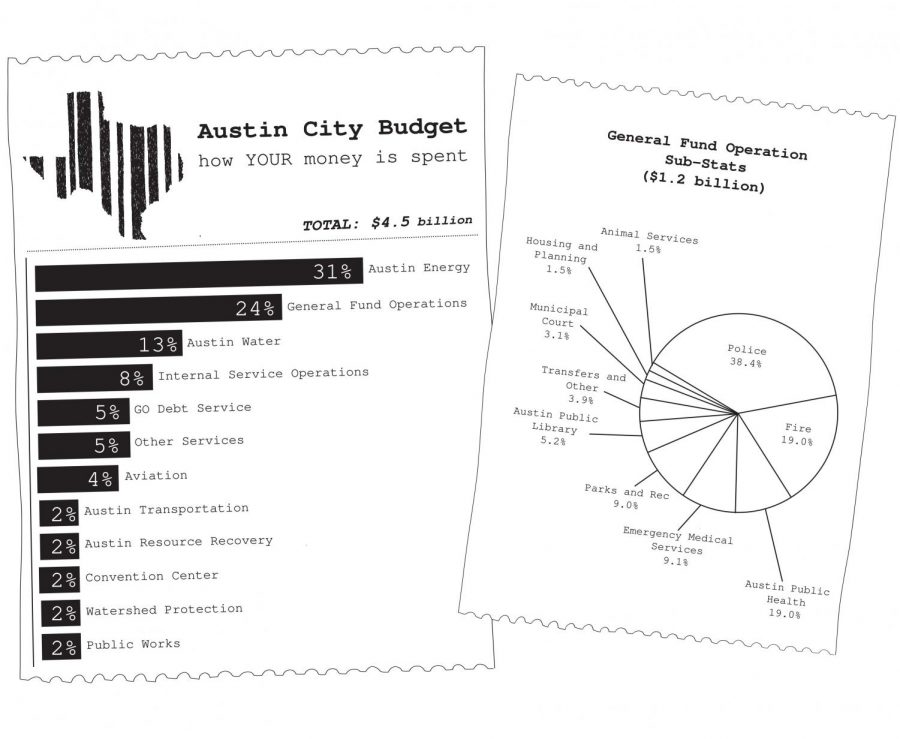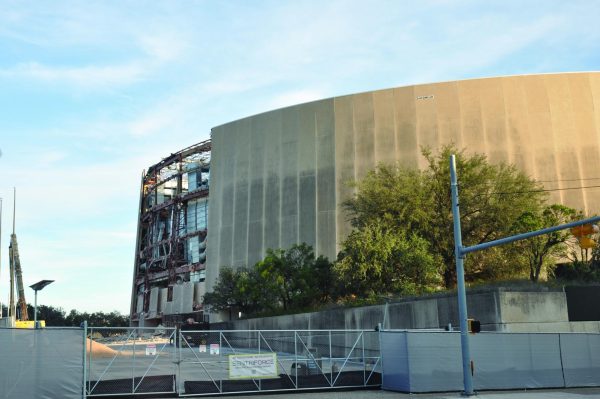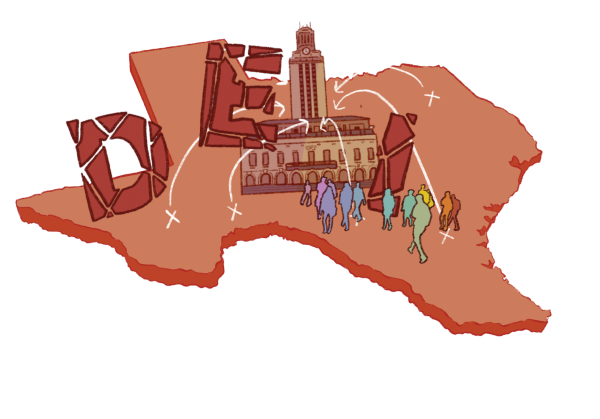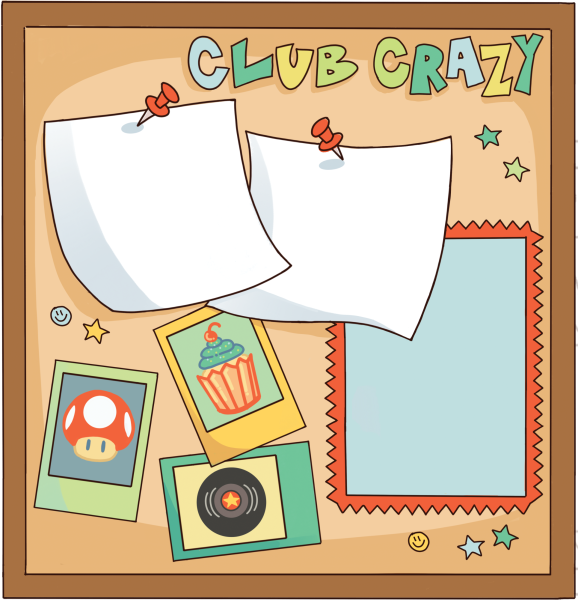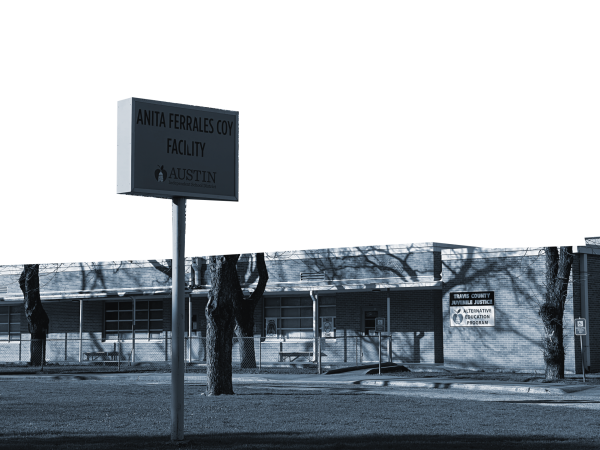Making Money Moves in New Budget
October 15, 2021
The Austin budget for the 2021-2022 fiscal year was recently adopted and approved. This budget contained changes to different departments, which meant including more money for the Austin Public Library (APL) and the Austin Parks and Recreation Department (PARD), as well as more funding for the Safe Routes to School program.
APL financial manager Wendy Harrison said that they were given an extra 2.75% from last year’s budget to work with, which is an extra $1,618,884. The APL is going to make multiple changes in their operations, such as computer training, community engagement, and literary advancement.
“One of the biggest changes for the new fiscal year is that the library will provide a free library card for any student enrolled within Travis County, rather than only to those within the City of Austin,” Harrison said. “This important update supports the library’s literacy advancement strategic priority and will provide access to library materials for more students in the coming year.”
Harrison talked about getting more communities access to digital devices. APL is hoping to teach people more about technology, according to Harrison.
“APL will also soon have laptops available for customers to check out and take home at all branches,” Harrison said. “Additional funding of $63,000 was provided by Council for laptops in response to various Board & Commission recommendations to address the needs within our community for digital access.”
The library is also trying to connect more with the community around them. They are seeking new ways of library service throughout Austin, such as express services and a pop-up library.
“A repurpose of the Terrazas Branch is underway for this location to be a hybrid of community services navigation and express library service,” Harrison said. “A new vehicle to provide pop-up Library services will be introduced to the community in FY22.”
PARD, on the other hand, was given almost four million extra dollars for the 2021-2022 fiscal year. Angela Richter is the advocacy manager for the Austin Parks Foundation, which is an organization that is run through PARD works to maintain the city’s parks, as well as create programs to introduce Austinites to nature and recreational public spaces.
“This year, we were able to expand the park rangers program, there are six new park rangers,” Richter said. “That’s really important. I feel like the park ranger program is something that is very useful and not currently well funded.”
Richter also said that the organization was given more money for maintenance for both the facilities and the grounds, which is very important to the wellbeing of parks around Austin. This money will be used to repair some of the eastern facilities within the Austin Parks Foundation.
“A bigger budget for maintenance and rehabilitation is part of PARD’s facilities,” Richter said. “So things like new restrooms or tennis courts that need resurfacing. All kinds of facilities that are just in need of condition and that need to be updated.”
Lastly, some of the money is going to be used for PARD’s afterschool program. More than 15 locations are located all across the city, according to the department.
“This is something that not everyone knows that the department does,” Richter said, “but we have recreational facilities across the city that actually have after school programs for kids.”
The Safe Routes to School (SRTS) program promotes bicycling and walking to school, and was given an additional sum of money this year. SRTS infrastructure manager Coleen Gentles and SRTS financial manager Ben Ellinor both said they are going to continue previous projects with the additional money and add more safety features around schools.
“We’re still going to spend money on building curb ramps and sidewalks,” Gentles said. “We’ll see other traffic calming devices, such as speed bumps. The projects won’t really change from year to year. We’ll just be doing more of them.”
Since previous budget additions, the program has already started to see their effects around them, according to Gentles. Multiple different projects have been implemented since the last change in their budget.
“I believe we have 149 projects completed,” Gentles said. “We’re seeing safety improvements across schools across the city.We have children using our infrastructure in a very short period of time. We’re getting projects on the ground really quickly.”
The decisions for the budget are voted on by city council members after departments and programs come in to advocate for more money. The District 10 council member is Alison Alter.
“I have advocated for investments that improve our community and strengthen our city’s long-term financial health,” Alter said. “I was pleased to vote for a budget that is fiscally sustainable and makes strategic investments to keep our community healthy, resilient, and safe.”
Council Members can vote on the budget based on what they think will be best for the city. This vote impacts what the budget will hold for the next fiscal year, according to Alter.
“Every Council Member in Austin plays a role in deliberating and passing the annual budget,” Alter said. “I am proud to have advanced significant initiatives related to public safety, the environment, and improving access to medical care for residents.”
This new budget will have many lasting impacts to the City of Austin and will help many communities in the future, according to Alter. The changes in the new budget go into effect soon and the next budget will be adopted in September of 2022, and many have already begun to take their projects off the ground, according to Gentles.
According to Alter, many pieces of the annual budget are the continuation of programs and projects from previous years. The fiscal budget for 2021-2022 will begin on Oct.1, and will introduce new programs as well as continue the advancement of previous ones.

